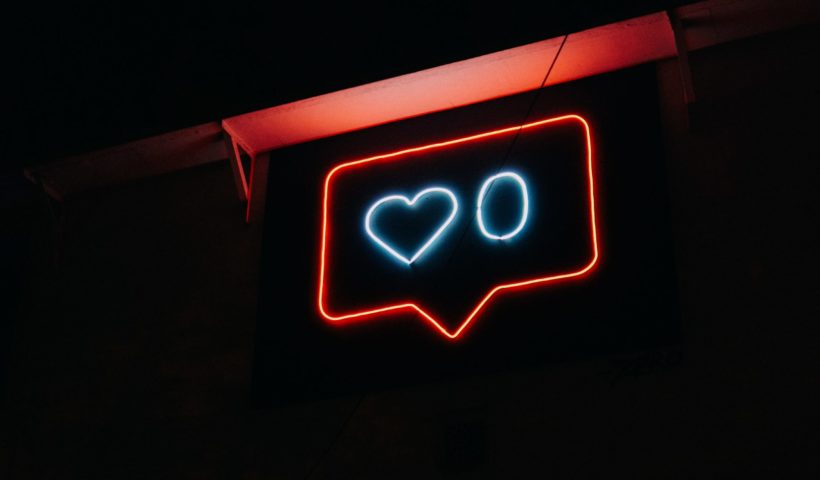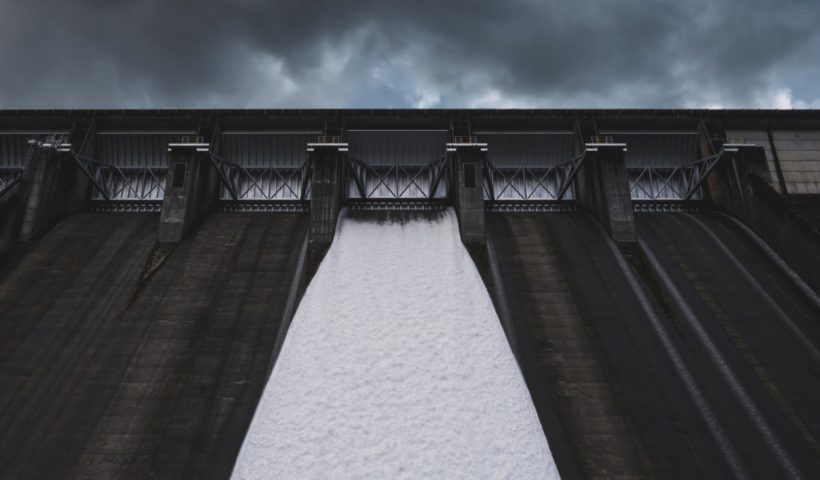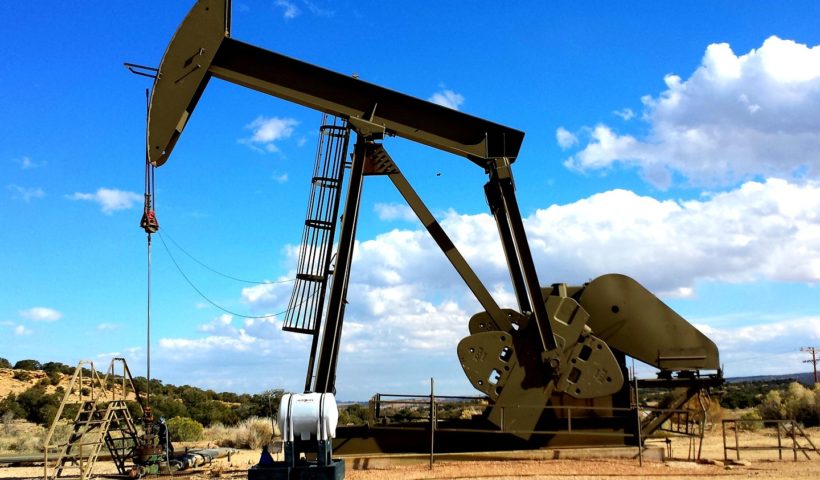Recruiting season is a critical aspect of many students’ academic journeys. Summer employment brings the chance to increase one’s hiring potential, gain invaluable technical experience, and expand professional networks. However, many jobs come with certain ethical caveats, and some opportunities can put students in a position where they betray their own ethical standards. Nowhere is this truer than in the defense industry. Therefore, it is important to consider whether universities are doing an adequate job of preparing students to make the ethical assessments necessary for seeking employment at a defense company. This article suggests that universities, due to their significant role in pushing students toward employment in the defense industry, need to play a larger role in educating students in ethics and providing information on how certain jobs may be more ethically compromising than others.
View More Blind Fire: How Universities Push Ethically Unequipped Students Towards Defense WorkCategory: Volume 6 Issue 2
Social Media Dysmorphia and the Dangers of Hyper-Realistic Photo Retouching Software
Photo-editing software has advanced dramatically in recent years, allowing people to share images of themselves that do not reflect how they truly look. As a result, rates of body dysmorphia and eating disorders, especially amongst the younger generation, have risen, leading engineers to analyze the ethicality of photo-editing software, as well as the social media platforms that host these heavily edited images.
View More Social Media Dysmorphia and the Dangers of Hyper-Realistic Photo Retouching SoftwareEthical Analysis of The Three Gorges Project
The Three Gorges Project is the development of the largest hydroelectric dam in the world: the Three Gorges Dam. Since its conception, the project has remained the focus of controversy due to its long construction duration, significant social and economic impacts, and broad environmental implications. The ethicality of the dam’s construction will be determined through an examination of its impacts from a utilitarian perspective.
View More Ethical Analysis of The Three Gorges ProjectWhy the Keystone XL Pipeline was Unethical
This article draws upon environmental, utilitarian, rights and justice ethics in order to explain why the Keystone XL Pipeline extension was unethical and why its permit was revoked by the Biden Administration in 2021. It debunks the common claims that the pipeline would increase jobs and encourage economic growth, as well as sheds light upon the negative environmental effects and risks to indigenous populations, offering ethical guidelines for the future, such as consulting with indigenous communities before embarking on construction projects.
View More Why the Keystone XL Pipeline was UnethicalThe Ethical Case for Fossil Fuels
A growing number of industrialized countries are questioning the ethical use of fossil fuels, considering climate change is primarily due to greenhouse gas emissions. Many leaders are removing subsidies for fossil fuel companies, pushing against offshore drilling, and divesting from fossil fuel projects like pipelines and refineries. While this may seem like the right thing to do, many economically developed nations tend to forget about the rest of the world. Countries in the developing world rely on fossil fuels to generate economic growth. If these more economically developed countries fail to take the needs of the developing world into consideration, large swaths of the globe will fall into poverty. Clearly such an approach is not ethical. Developed countries must continue to develop renewable energy worldwide while simultaneously investing in fossil fuel projects abroad as the necessary infrastructure for renewable energy systems are designed, tested, and constructed – only then can the world move on from fossil fuels in a safe, effective, and ethical way.
View More The Ethical Case for Fossil Fuels




